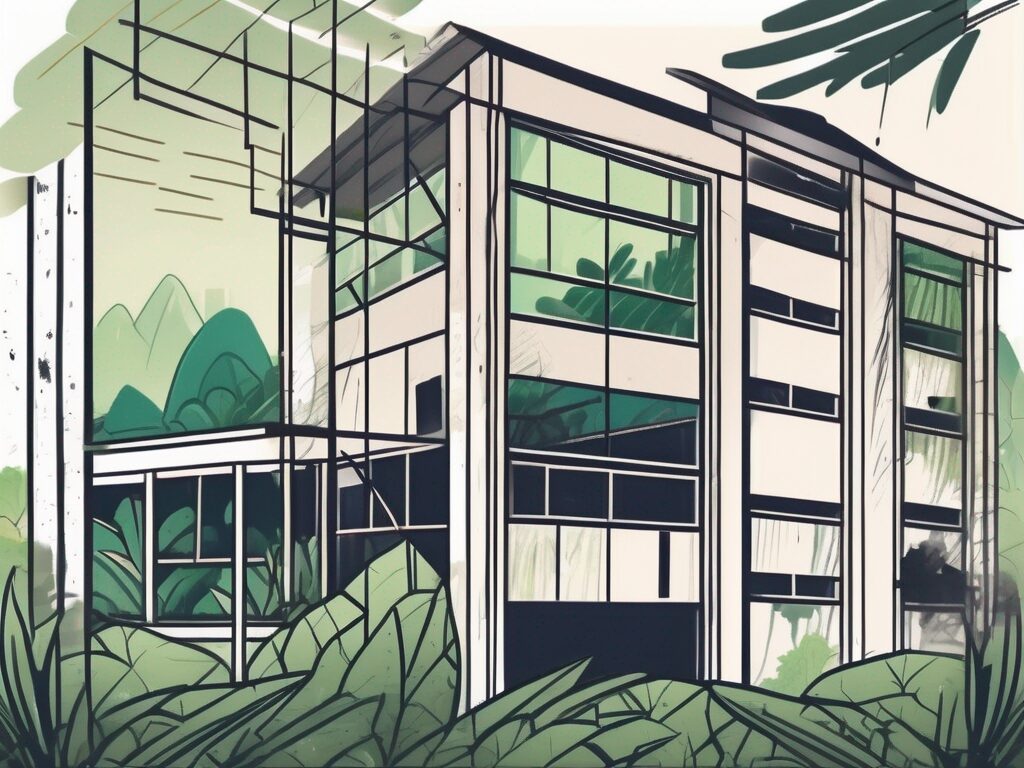Indonesia, a vibrant archipelago with a population of over 270 million, is grappling with numerous challenges in its education system. Despite the government’s efforts to improve education, the country still lags behind in several key areas. This article will delve into the myriad issues that are hindering the progress of Indonesia’s education system.
Infrastructure and Resources
Lack of Infrastructure
One of the most pressing issues is the lack of adequate infrastructure. Many schools, particularly in rural and remote areas, are in a state of disrepair. They lack basic facilities such as clean toilets, libraries, and science laboratories. In comparison, schools in developed countries like the UK are well-equipped with modern facilities, providing a conducive learning environment for students.
This lack of infrastructure not only affects the quality of education but also the students’ motivation to learn. Imagine trying to concentrate in a classroom with a leaking roof or studying without access to a library. It’s a bit like trying to cook a gourmet meal without the necessary kitchen equipment – not impossible, but certainly more challenging.
Insufficient Resources
Alongside infrastructure, there’s also a dearth of learning resources. Many schools lack textbooks, computers, and other essential learning materials. This is akin to a carpenter trying to build a house without tools – it’s a task fraught with difficulties.
Moreover, the digital divide exacerbates this problem. While students in urban areas may have access to digital learning resources, those in rural areas often don’t. This disparity is akin to the difference between shopping in a well-stocked supermarket and a small corner shop – the former offers a wider range of products, while the latter has limited options.
Quality of Education
Teacher Quality
Another major challenge is the quality of teachers. Many teachers in Indonesia lack the necessary training and qualifications. This is similar to a football team with an inexperienced coach – the team may have potential, but without proper guidance, they’re unlikely to perform at their best.
Furthermore, the teacher-student ratio in many schools is far from ideal. This means that teachers are often overworked and unable to give individual attention to students. It’s like a doctor trying to treat too many patients at once – the quality of care inevitably suffers.
Curriculum and Assessment
The curriculum in Indonesia’s schools is often criticised for being too rigid and exam-focused. This is like training for a marathon by only running on a treadmill – it may help you improve your stamina, but it won’t prepare you for the varied terrains and weather conditions of a real race.
Moreover, the emphasis on rote learning and memorisation stifles creativity and critical thinking. It’s akin to learning to play a musical instrument by only playing scales – you might master the technique, but you won’t learn to create beautiful music.
Social and Economic Factors
Poverty and Education
Poverty is another significant barrier to education in Indonesia. Many children are forced to drop out of school to work and support their families. This is like a bird with clipped wings – it may have the potential to fly high, but its circumstances keep it grounded.
Moreover, the cost of education, including school fees, uniforms, and textbooks, can be prohibitive for many families. It’s like being invited to a fancy dinner but not being able to afford the meal – the opportunity is there, but it’s out of reach.
Gender and Education
Gender inequality also plays a role in the education crisis. In many parts of Indonesia, girls are less likely to attend school than boys. This is akin to a play where half the actors are missing – the performance can go on, but it won’t be as rich or complete.
Furthermore, cultural norms and societal expectations often limit girls’ access to education. It’s like being in a race where some runners have to carry heavy weights – it’s not a fair competition, and those burdened are likely to fall behind.
Conclusion
Addressing the challenges faced by Indonesia’s education system requires a multifaceted approach. It involves improving infrastructure, providing adequate resources, enhancing teacher quality, reforming the curriculum, and tackling social and economic barriers to education.
Just as a gardener needs to tend to all aspects of a garden for it to flourish, so too must all aspects of the education system be nurtured. With concerted efforts, it’s possible to overcome these challenges and create an education system that gives every Indonesian child the opportunity to learn and grow.
Empower Your Teaching Career with IPGCE
As Indonesia strives to surmount the educational hurdles outlined in this article, the role of qualified and well-equipped teachers becomes ever more critical. IPGCE recognizes the pivotal part educators play in shaping the future. If you’re an educator seeking to enhance your qualifications, broaden your professional network, and gain a deeper understanding of global education systems, the International Postgraduate Certificate in Education (iPGCE) is your gateway to success. With our program, you’ll join a community that celebrates a 50% increase in interview callbacks, a 45% boost in promotion rates, and a significant expansion of professional connections. Don’t let inadequate credentials or isolation impede your career growth. Join the UK’s #1 Teacher Training Course today and take the next step in your professional journey.

